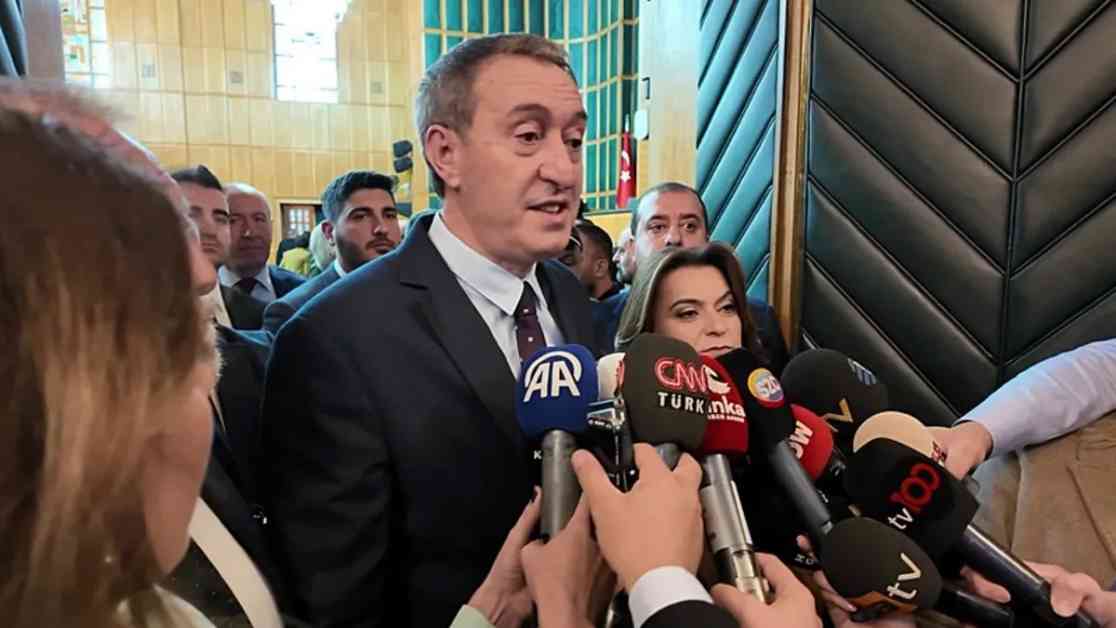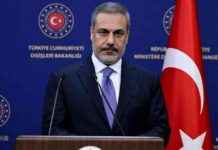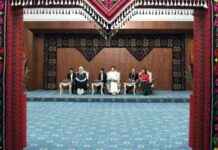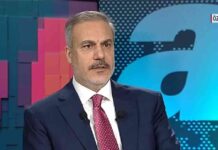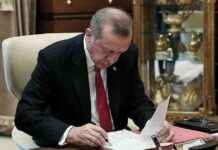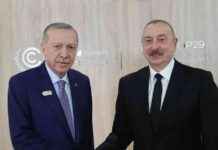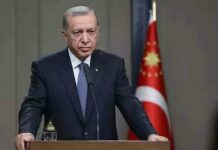The DEM Party, a political party in Turkey, has recently made headlines with a bold move by applying to meet with PKK leader Abdullah Ocalan at the Imrali Island prison. This move has sparked a lot of discussion and controversy within the political landscape of the country.
Background of the DEM Party
The DEM Party, short for Democratic Society Party, was founded in 2005 as a pro-Kurdish political party in Turkey. The party aimed to represent the Kurdish population in the country and advocate for their rights and interests. However, the party has faced numerous challenges and legal hurdles over the years, with several of its members being accused of having ties to the PKK, which is considered a terrorist organization by the Turkish government.
The Controversial Move
The decision by the DEM Party to apply to meet with Abdullah Ocalan, who is serving a life sentence at the Imrali Island prison, has raised eyebrows and drawn criticism from various quarters. Ocalan, the founder and leader of the PKK, has been in prison since 1999 and is considered a highly controversial figure in Turkey. His influence over the Kurdish separatist movement and the ongoing conflict in the region has made him a polarizing figure in Turkish politics.
The party’s co-chairs, Tülay Hatimoğulları and Tuncer Bakırhan, submitted a written request to the Ministry of Justice to meet with Ocalan. In their application, they expressed their desire to have an open meeting with Ocalan and their co-chair, Tülay Hatimoğulları Oruç. The party stated that they believe it is important to engage in dialogue with all stakeholders in the Kurdish issue in order to find a peaceful and lasting solution to the conflict.
Reactions to the Move
The DEM Party’s decision to apply to meet with Ocalan has been met with mixed reactions from the public and political observers. Some see it as a bold and necessary step towards resolving the Kurdish conflict in Turkey, while others view it as a misguided and dangerous move that could further escalate tensions in the region.
The Turkish government has not yet responded to the party’s request to meet with Ocalan. However, it is likely that the government will take a firm stance against any attempts to legitimize or engage with the PKK leader, given the ongoing conflict and the sensitive nature of the issue.
In conclusion, the DEM Party’s decision to apply to meet with Abdullah Ocalan is a bold and controversial move that has sparked debate and discussion in Turkey. Whether or not the government will grant their request remains to be seen, but it is clear that the issue of Kurdish rights and the conflict in the region will continue to be a central issue in Turkish politics for the foreseeable future.

